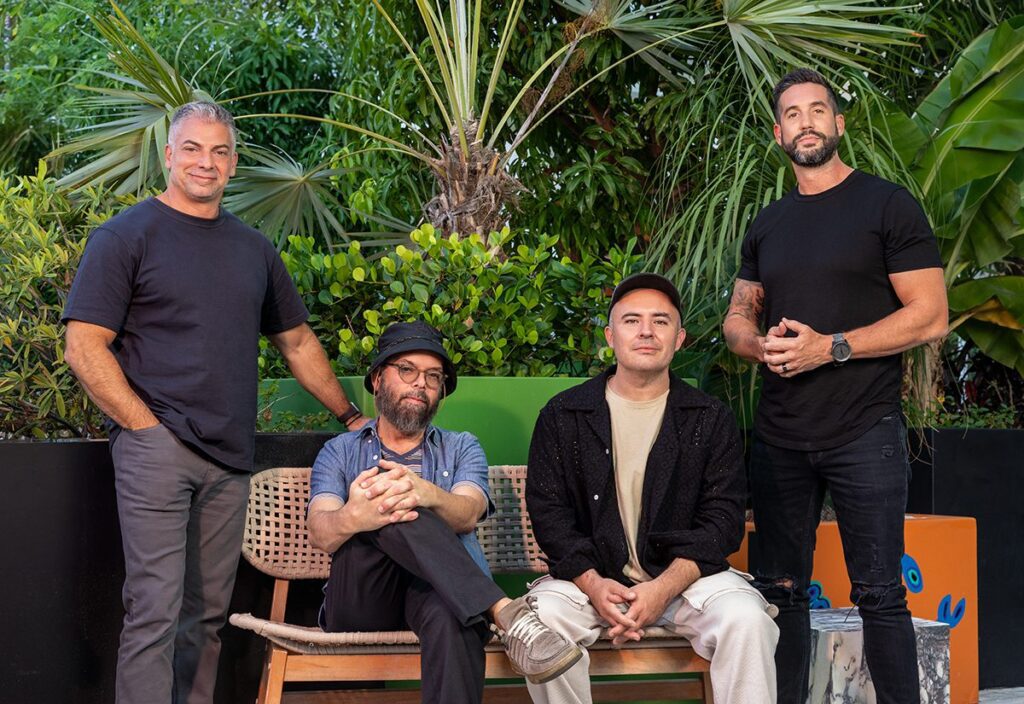Customer satisfaction with the e-commerce industry improved for the second year in a row and neared an all-time high, according to the American Customer Satisfaction Index(ACSI) released Feb. 20 by the University of Michigan with e-commerce partner ForeSee Results.
The e-commerce industry overall rises to a score of 80.0 on ACSI’s 100-point scale, closing in on its all-time high score of 80.8 in 2003. The e-commerce sector continues to outpace most other sectors of the economy in terms of satisfying customers, and exceeds the national ACSI aggregate score (74.9) by
7%.
Aggregate satisfaction for the e-retail industry (83) still outshines the offline retail sector (74.4) by 11.6%. Online travel is the only industry in e-commerce that slipped. In aggregate, online travel is down 1.3% to 76, according to the report.
“The Internet is a hyper-competitive environment and companies need to evolve and adapt quickly to customer needs and expectations or risk losing them,” said Larry Freed, CEO of ForeSee Results, in a statement. “The improved scores are evidence that e-commerce companies are working hard to maintain and improve the industry¹s extremely high customer satisfaction standards,” he added.
Every fourth quarter, the ACSI E-Commerce Report measures customer satisfaction with the following sub-industries: online retail, online auction, online brokerage and online travel companies.
According to the report, the e-retail industry climbs 2.5% to 83, led by a new high by BarnesandNoble.com (+1% to 88) and strong performances in the “all others” category (+2.5% to 82), which measures satisfaction with online retailers not big enough to be singled out in the report. Amazon.com remained at 87 for a second year and continues to be one of the most satisfying companies in all of the ACSI.
Dr. Claes Fornell, director of the National Quality Research Center and founder of the ACSI, noted that Barnes & Noble continues to provide “an extremely satisfying experience for its customers, which will help them maintain their market position in the face of the constant onslaught of competition online.”
Amazon has significantly diversified its product offerings, which has as many challenges as it does opportunity. “Amazon’s customer satisfaction score dropped nearly 5% in 2004, but it has since recovered to previous superior satisfaction levels,” Dr. Fornell added.
Industry juggernaut eBay maintained its leadership position in the online auction category, despite a 1% drop to 80.
Customer satisfaction with online financial services hit a new all-time high, jumping 2.6% to 78. CharlesSchwab.com is the biggest gainer, soaring 8% to 80 and setting a new high for the industry. Two new companies are included for the first time, Fidelity (80) and TD Ameritrade (77). E*Trade also improved, up 4% to 74.
Online travel’s rating declined 1.3% to 76. Expedia (78) and Travelocity (74) both dropped 1.3%, while Orbitz registered the only gain (+1.4% to 75). The big three in this sector are still tightly grouped as they continue to struggle to differentiate themselves, and can no longer clearly differentiate themselves on price, convenience or availability, Dr. Fornell said. “I think we’re going to see that this business model needs to adapt or these companies will be eclipsed by the supplier sites that are ultimately accountable for service delivery.”
Using the methodology of the University of Michigan’s American Customer Satisfaction Index, ForeSee Results has created a model that scientifically quantifies the elements that drive online customer satisfaction and predicts future behaviors, including the likelihood to return to the site or recommend the site to others.
 Network
Network

